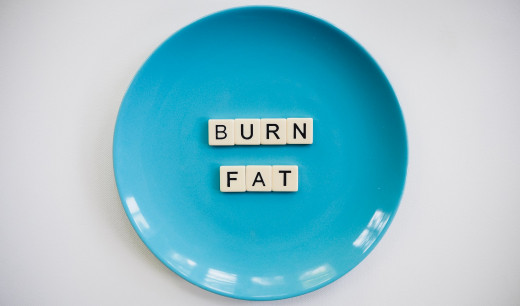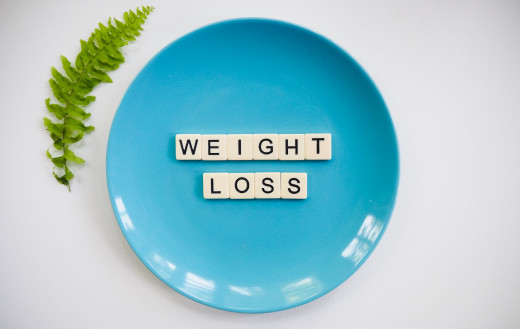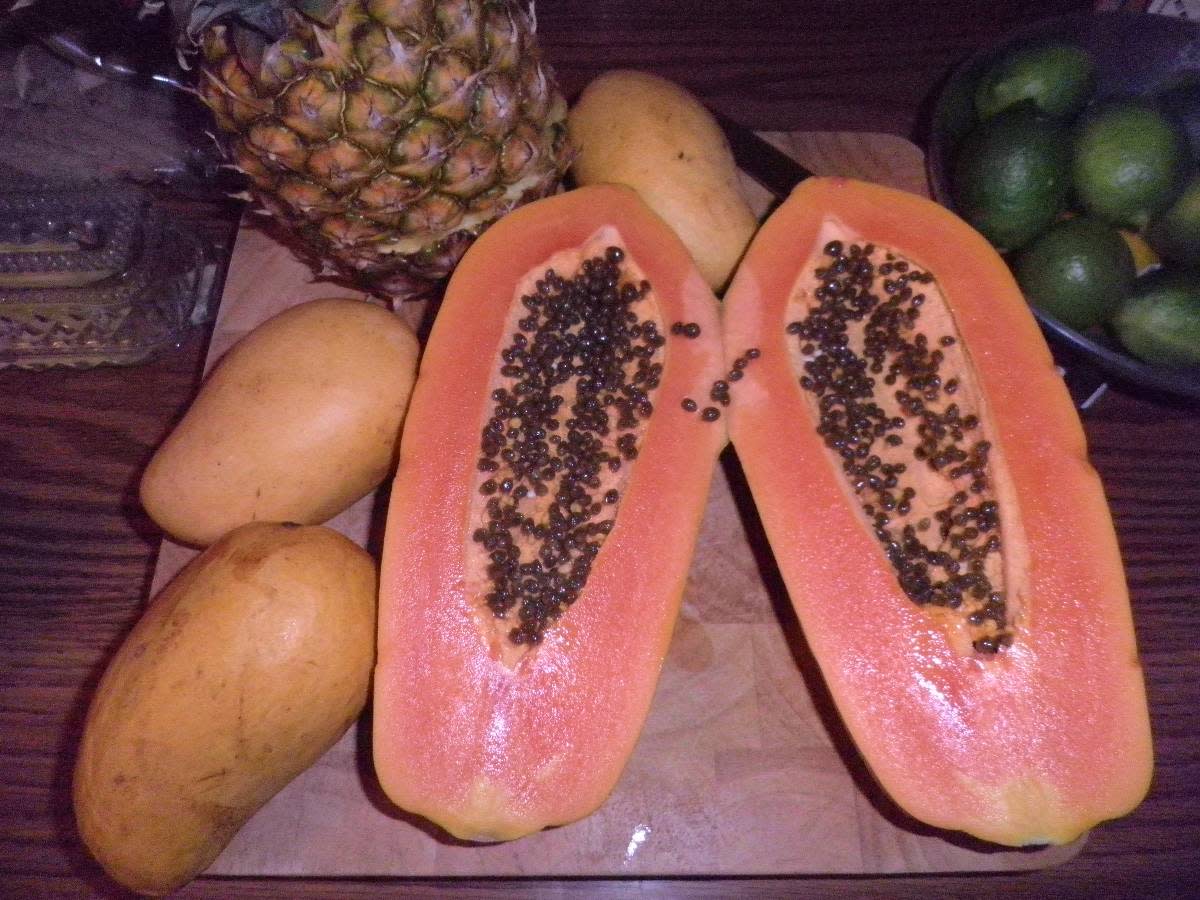The Huge Benefits of Fasting
Is fasting just the latest fashion?
Using fasting to make the body operate better has been known for thousands of years. It is a natural process that has evolved in order to help mankind survive when food is scarce. Apart from weight loss (which is good in itself) fasting is used to make the body much healthier.

What is a fast?
A fast takes place when the person consumes only water; it can last for any length of time but generally for about 4 days. Fasting for a longer period will provide greater gains but a prolonged fast will result in muscle wastage which is to be avoided. Fasts can be undertaken at any time but there should be no more than 2 or 3 a year. Exercise during a fast will increase its effect. Breaking a fast should be undertaken with care; ideally moving into a ketone diet but certainly with moderate eating of good quality food (vegetables, fruit, nuts etc).
Reducing weight is a minor gain compared with the health benefits
Autophagy is the body’s way of cleaning out damaged cells, in order to regenerate newer, healthier cells, according to Priya Khorana, PhD (1) in nutrition education from Columbia University. “Auto” means self and “phagy” means eat. So the literal meaning of autophagy is “self-eating.” While that may sound like something people never want to happen to their body, it is actually beneficial to overall health. Autophagy is an evolutionary self-preservation mechanism through which the body can remove the dysfunctional cells and recycle parts of them toward cellular repair and cleaning.
It is recycling and cleaning at the same time, just like hitting a reset button to the body. Plus, it promotes survival and adaptation as a response to various stressors and toxins accumulated in cells.
Apoptosis is a type of cell death in which a series of molecular steps in a cell lead to its death. This is one method the body uses to get rid of unneeded or abnormal cells. The process of apoptosis may be blocked in cancer cells. Also called programmed cell death and occurs naturally but appears to be enhanced after 72 hours of fasting.
In addition to losing weight, people rejuvenate their bodies making them more healthy and able to live longer
The effect on your body is profound. Old cells are recycled into new ones, inflammation is reduced, muscle tissue is replaced but not the fat, even new neurons are made in the brain. Proteins that build up in the cells and brain are removed which otherwise can be a cause of Alzheimers.
This means that fasting has important implications for a whole range of diseases including cancer, (due to the Warburg (2) effect of cancer cells only consuming sugar), Multiple Sclerosis, Crohn’s disease, Type II Diabetes, Chronic Fatigue Syndrome, Fibromyalgia, Colitis, Gastritis, some heart conditions, and Motor Neuron Disease (4) (5).
The body becomes “younger” in many ways with new cells taking over the role of older, less effective cells. Testing has not been possible with humans to assess their increased lifespan, but animals that have been on a regime of fasting and feeding have increased their lifespan by between 30% and 50%.
So to summarise
Fasting is a way to clean out the body of old and useless cells. It starts after between 15 and 24 hours, when autophagy commences and really gets going in 2 to 3 days. Apoptosis starts after about 3 days when the body actively kills the least important or non functioning cells. A few hours after the fast ends and the person takes in nutritious foods, the body rebuilds all the important cells out of new stem cells.
Of course, people prefer not to fast
Of course, people prefer not to fast; they are conditioned to eat when food is available. In addition, over the last few thousands of years, food has ceased to be purely for ingesting nutrition, it has become much more.
Now, food is seen as a great pleasure, consolation when things go wrong, celebration when things go well, and a social activity indulged in whenever possible.
Fasting results in weight loss but this may not be the main aim. It also detoxes the body and initiates two important actions within the body: autophagy and apoptosis.

Alternatives to a pure water fast
Even with all the evidence, the “world expert” on fasting, Valter Longo Phd (3), recognised that fasting is not easy for people. Man’s history has included long periods when food was scarce and the body’s ability to manage food and famine developed from those days. Even though the mechanism is within people, the majority would prefer to eat than go without, possibly because eating is no longer seen as a fuel top up, but as an emotional experience. Longo recognised that “you cannot take away peoples’ happiness” and so he developed the fasting-mimicking diet (FMD) so that people could gain the benefits while still eating a moderate amount.
What is the Fasting Mimicking diet?
The fasting-mimicking diet lasts about 5 days but can start with time restricted fasting, such as intermittent fasting lasting 12 hours or so a day. It consists of consuming about 1,100 calories on day one and 800 calories a day afterwards. The food eaten is fat based with a small amount of protein and carbohydrate. This forces the body into fat burning (ketosis) which removes fat from the body. The ideal for most people is to undergo the FMD and to go on a Mediterranean diet afterwards.
Words of wisdom
Be careful not to overdo it!
Due to the fact that when people undergo a fast they actually feel good, there is a risk of becoming addicted to food restriction. As a result, before undertaking a fasting weight loss program, it is important to set realistic goals based on height, sex, age, body fat content and muscle mass. Weight alone is a poor measure of health and fitness.
Relearning how to eat
Apart from cleansing the body and losing weight, a fast is a powerful demonstration to the mind that eating three times a day is not actually necessary. After a four day fast, most people relearn how to eat correctly.
In Conclusion
Fasting is not an easy activity but can be made easier by adopting a fasting mimicking diet or even fasting with juices. The benefits are enormous, not just weight loss but re-balancing the body and protecting it against diseases that can be fatal. The benefits of autophagy and apoptosis are huge; they are life changing and life lengthening.
Sources
- Dr. Priya Khorana holds a PhD from Columbia University in New York City. She specializes in Fitness Nutrition Education and has expertise dealing with weight loss, chronic disease management (diabetes, heart disease, cholesterol, triglycerides), digestive issues (gut health) and sport/exercise-specific nutrition education.
- For his work on the aerobic and anaerobic metabolic processes in cells, Dr. Otto Warburg was awarded the Nobel Prize in Physiology for Medicine in 1931. He suggested that cancer cells “live in hypoxic, very low oxygen, and acidic conditions and derive energy from sugars by fermenting them the way yeast does”.
- Valter D. Longo is an Italian-American biogerontologist and cell biologist known for his studies on the role of fasting and nutrient response genes on cellular protection aging and diseases and for proposing that longevity is regulated by similar genes and mechanisms in many eukaryotes.
- Maria A. Gonzalz Porras et al; NCBI Resources: PMC - US National Library of Medicine National Institutes of Health. Journal List>Physiology (Bethesda)>PMC 5966659 2018 May 1; 33(3):211-224. Title "Impaired Autophagy in Motor Neurons: A Final Common Mechanism of Injury and Death".
- Mattson, Longo and Harvie: NCBI Resources: PMC - US National Library of Medicine National Institutes of Health. Journal List>HHS Author Manuscript>PMC 5411330 2016 Oct 31. Title "Impact of Intermittent Fasting on Health and Disease Processes".








